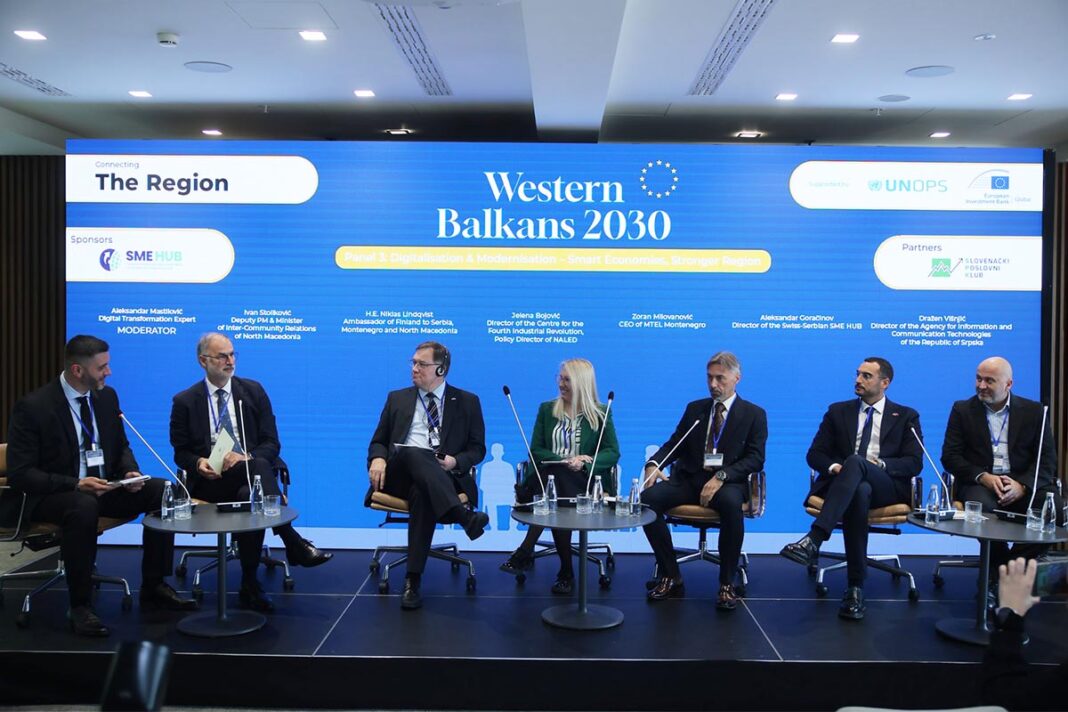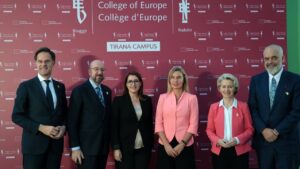The third panel of the “Western Balkans 2030 – Connecting Today’s Efforts to Tomorrow’s Europe” conference opened a forward-looking debate on how digitalisation can strengthen public services, boost competitiveness and accelerate cross-border integration throughout the region. The discussion, moderated by Aleksandar Mastilović, a leading digital transformation expert, gathered some of the most influential policymakers and innovators shaping today’s regional digital agenda.
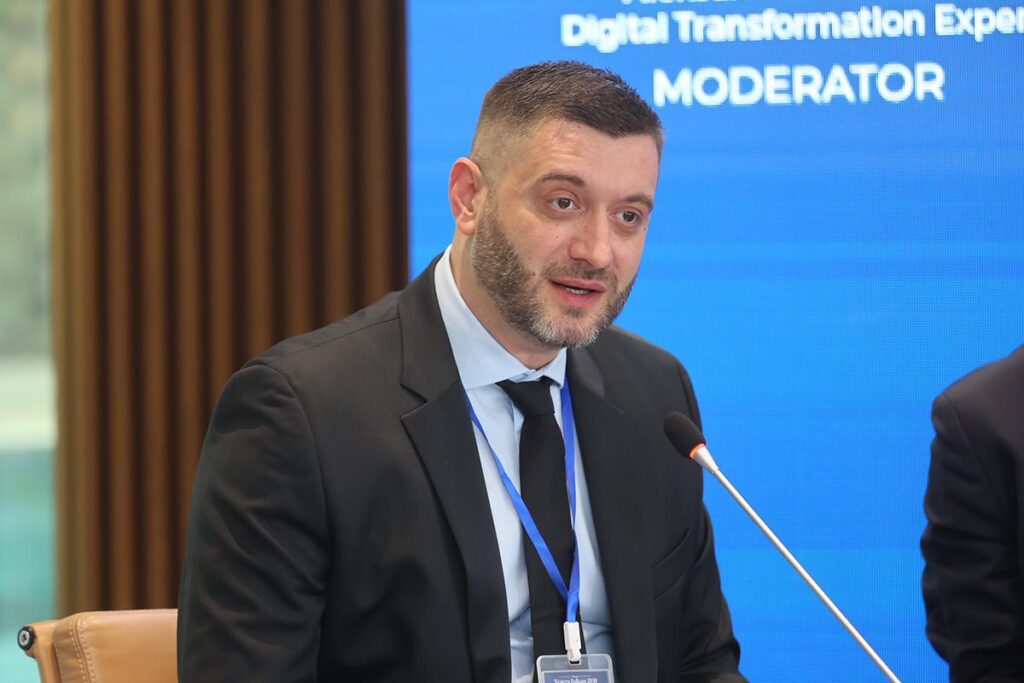
North Macedonia’s Deputy Prime Minister Ivan Stoilković underscored that the future of digitalisation in the Western Balkans is inseparable from joint regional effort. “Regional cooperation is the foundation of European integration. The will exists — what we now need are targeted investments,” he said. Stoilković pointed to the reconstruction of Corridor 10 — supported by the EU and the European Investment Bank — as a strategic step toward aligning transport, infrastructure and digital systems with EU standards.
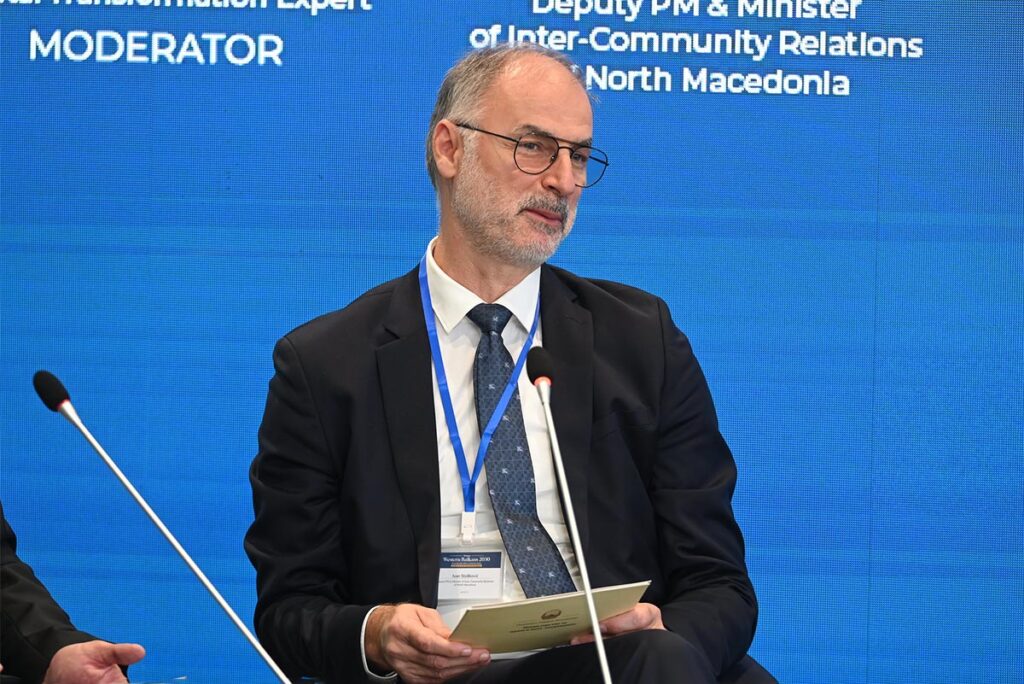
A forward-looking Nordic lens came from H.E. Niklas Lindqvist, Ambassador of Finland to Serbia, Montenegro and North Macedonia, who showcased Finland’s remarkable progress in digital inclusion. “Last year’s report showed that 85 percent of our population can use digital public services. The EU has a target of 80 percent by 2030 — we have already surpassed it,” he said. He stressed that effective digitalisation must remain centred on people: “In planning, you must involve people and end users. That is how you get better results and more inclusive systems.”
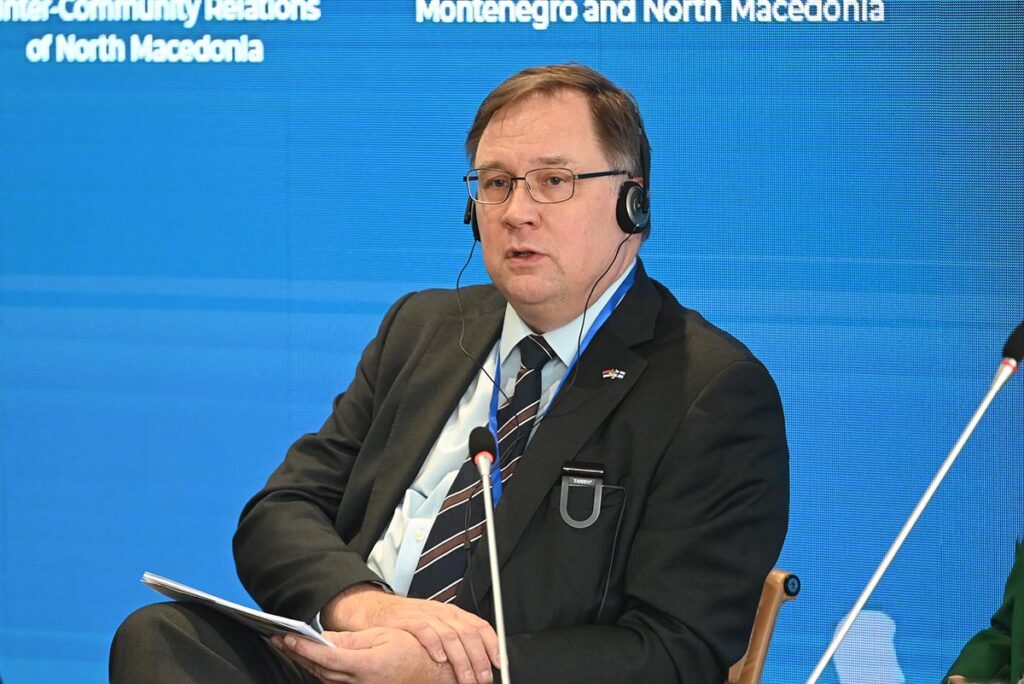
Presenting one of the most successful regional examples of applied digital reform, Jelena Bojović, Director of the Centre for the Fourth Industrial Revolution and Policy Director at NALED, outlined Serbia’s mobile system for registering seasonal agricultural workers. “Our system, launched in 2019, is now being replicated in North Macedonia, Montenegro, Albania and Bosnia and Herzegovina. We found a model that works across sectors,” she said, demonstrating how strong, scalable solutions can strengthen the entire region.
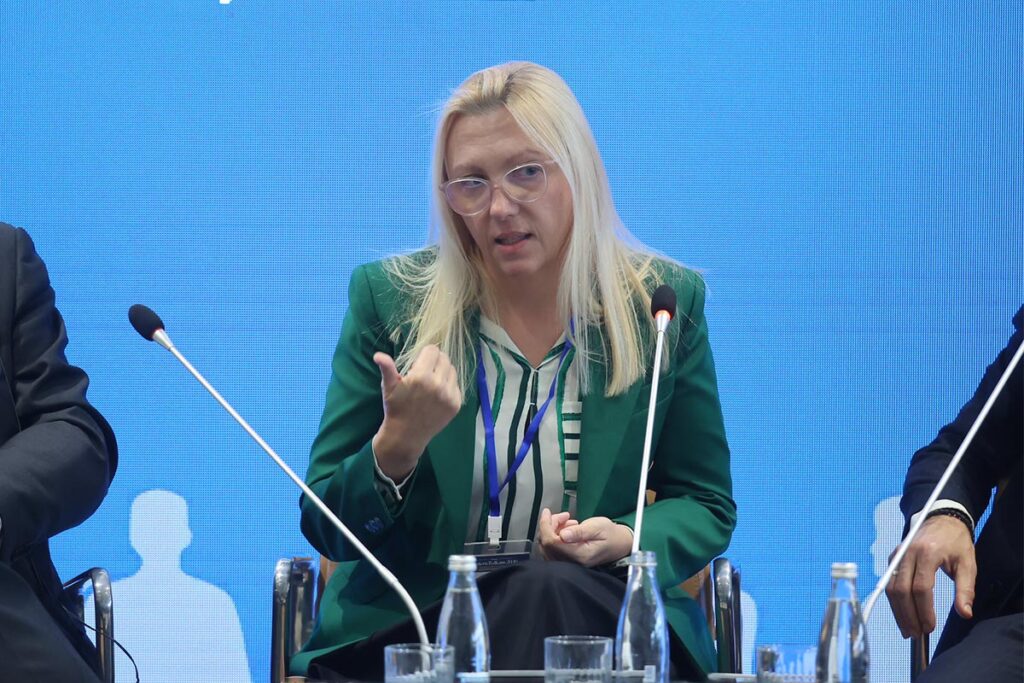
Offering the telecom industry’s perspective, Zoran Milovanović, Director of MTEL Montenegro, highlighted the speed at which technology evolves and the pressure that places on societies. “We live in a world where technology evolves every day — continuous education is essential to stay competitive,” he said. He added that operators face two major challenges: explaining the real value of digital services to users and ensuring that essential knowledge reaches every individual.

From the business-support sector, Aleksandar Goračinov, Director of the Swiss-Serbian SME Hub, noted that technology alone cannot transform companies without the right leadership mindset. “Digitalisation is just a tool — the real transformation comes from changing the mindset of business owners,” he said. He highlighted that the SME Hub has supported 27 companies with CHF 1.9 million, placing a strong emphasis on management professionalisation and generational transitions.
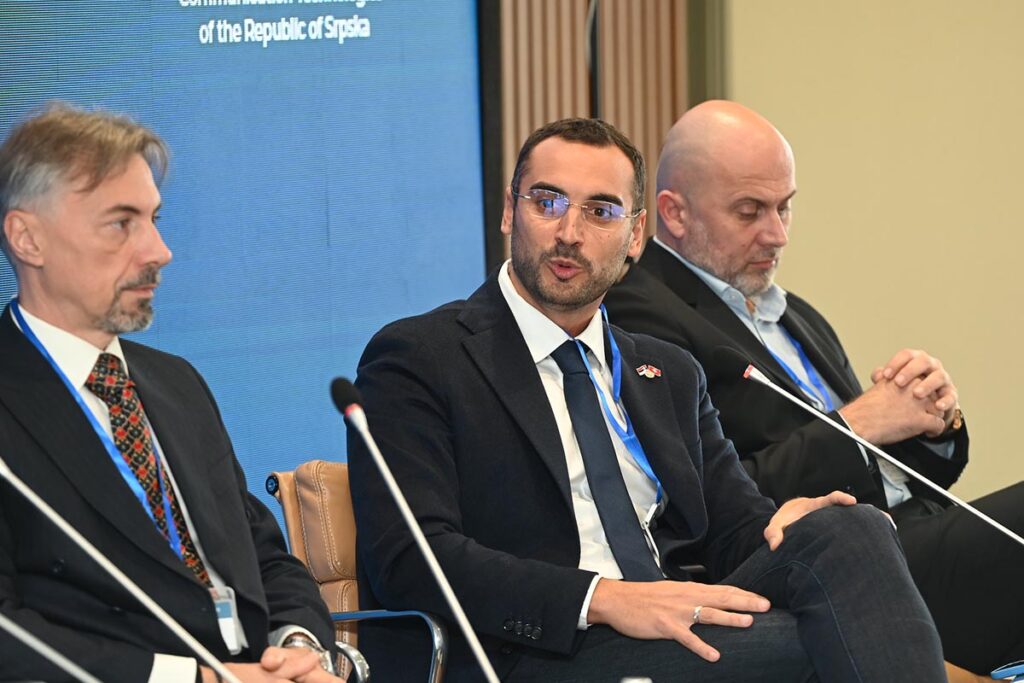
Looking further into the technological horizon, Dražen Višnjić, Director of the Agency for Information and Communication Technologies of Republika Srpska, presented an ambitious vision. “We are preparing a quantum leap into the next level — AI, robotics, advanced electronics, medicine, energy and transport,” he said, describing long-term strategic planning aimed at keeping pace with global technological trends.
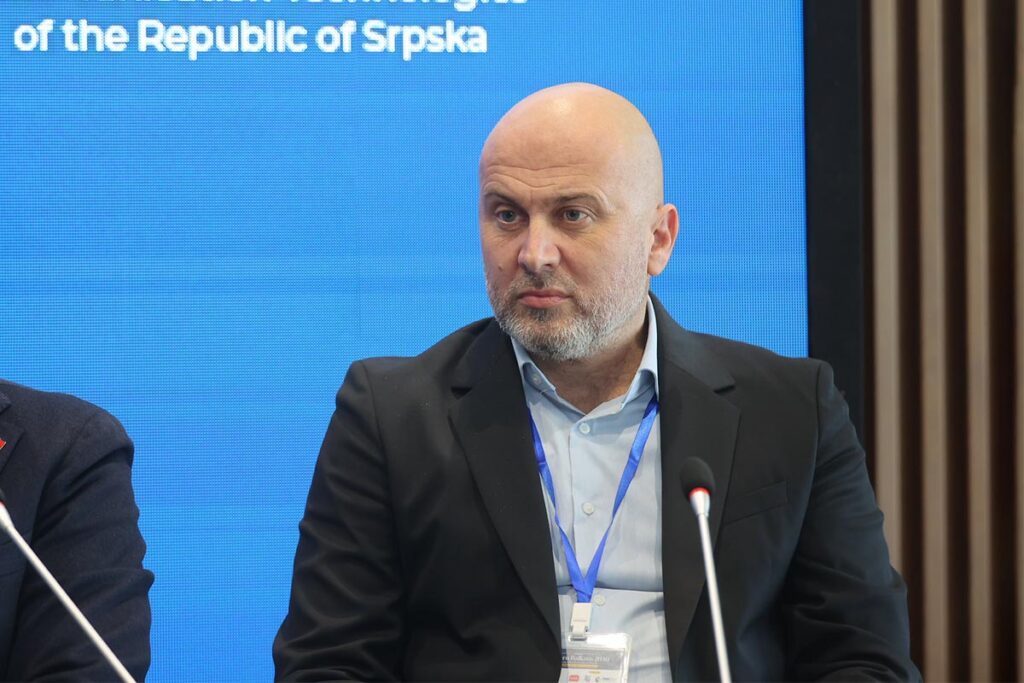
Organised by The Region magazine with the support of EIB and UNOPS, and sponsored by MTEL, EPS, and SME HUB, the panel delivered a unified conclusion:
the Western Balkans can accelerate its digital transformation only by investing in people, strengthening cooperation, designing inclusive systems, and reshaping how institutions and businesses understand the purpose of digital change.
Photos from the Western Balkans 2030 conference are available here.
Photo: Beta photo/Milan Ilic/Zoran Petrovic/Dario Kostadinovic

